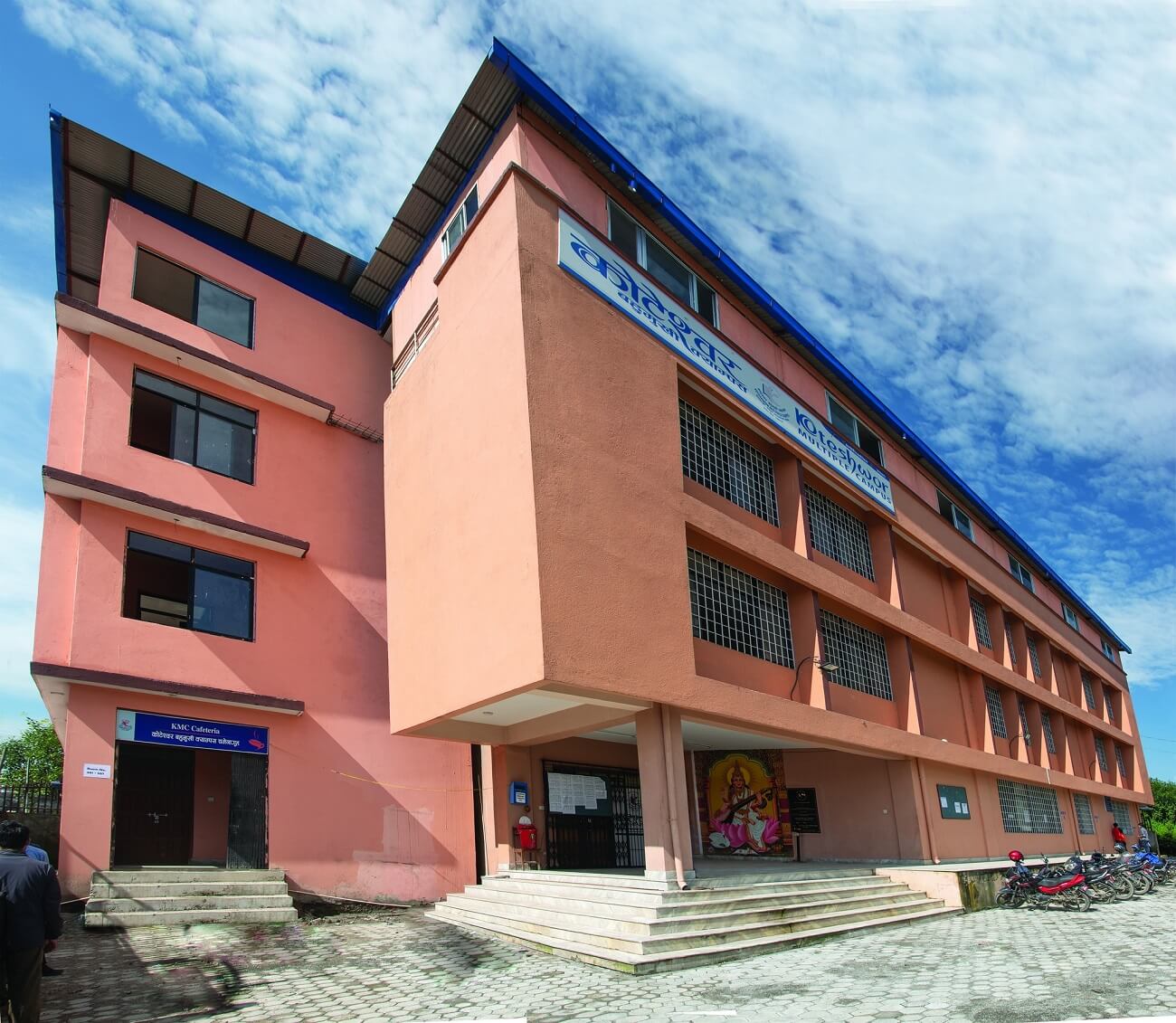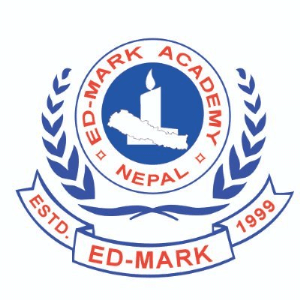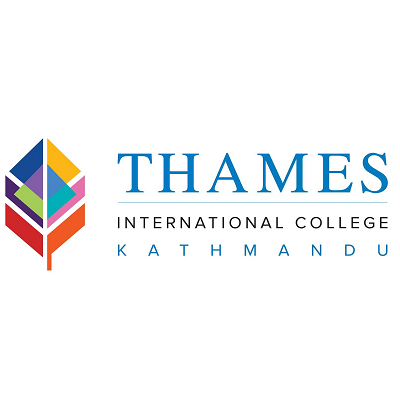Overview
Bachelor of Arts in Social Work (BASW) at Koteshwor Multiple Campus, Jadibuti, Koteshwor, Kathmandu
BA in Social Work (BASW) at Koteshwor Multiple Campus runs under Tribhuvan University. The program prepares students for community-oriented roles that require steady field engagement, careful documentation, and ethical conduct.
The degree helps you learn how services reach people in Kathmandu and how small actions—accurate forms, follow-ups, and clear notes—make a large difference.

Highlights
-
Affiliation: Tribhuvan University (Nepal)
-
Core focus: Social work values, ethics, helping processes, community engagement, and field supervision
-
Field learning: Guided placements in community sites, schools, clinics, or NGOs (as available)
-
Documentation: Assessment notes, referral forms, case summaries, and progress tracking
-
Progression: MA in Social Work, Rural Development, Sociology, or Development Studies after experience
Curriculum Details
Initial semesters build theoretical ground: history of social work, values and ethics, introduction to human behavior, and Nepal’s social structure. Classroom work shows how policy, poverty, migration, and health shape families and communities. Students practice basic interviewing, listening, and group facilitation in low-risk simulations before visiting field sites.
Mid-course semesters add practice modules tied to real settings. Field educators and faculty supervisors assign hours at partner organizations or community units, subject to availability in a given year. You learn to draft assessment notes, plan short interventions, document referrals, and track outcomes week by week. Courses in research methods teach question framing, consent, simple sampling, and safe data storage. Modules on program planning and project cycles introduce basic budgeting, monitoring, and small-scale evaluation.
Final semesters integrate learning across theory and field. Students prepare a practice portfolio showing assessment formats, case summaries, and reflection logs. Electives or special topics may focus on child protection, disability support, mental health first response, gender-based violence response pathways, or livelihood programs. A capstone paper or mini-study often draws on your placement experience and shows that you can connect field observations to literature and policy.
Objectives
-
Ground students in social work values, roles, and ethical boundaries.
-
Build practice skills for assessment, planning, referral, and follow-up.
-
Strengthen community engagement through group work and outreach activities.
-
Teach documentation that stands up to supervision and audit.
-
Encourage reflective practice and steady improvement across semesters.
Scope
Kathmandu hosts a wide range of community programs. BASW graduates contribute to education support, outreach for clinics, shelter services, women’s groups, child protection desks, disability inclusion projects, and local disaster response. Programs seek staff who can listen patiently, document accurately, and pass information to teams on time. Early roles focus on coordination and reporting; responsibility grows as you show discipline and clear judgment.
Learning Outcomes
Students who complete BASW at KMC should be able to:
-
Explain social work values and show them in routine interactions.
-
Conduct basic assessments and write clear, concise case notes.
-
Plan and document short interventions with realistic goals and timelines.
-
Coordinate referrals, track progress, and escalate concerns appropriately.
-
Work safely in communities by following supervision, consent, and data protocols.
Skill Development Modules
-
Interview skills: open/closed questions, active listening, safety boundaries
-
Case documentation: formats for assessments, progress notes, closure summaries
-
Community mapping: stakeholders, resources, and risk points in a ward
-
Group facilitation: session outlines, attendance logs, feedback sheets
-
Research basics: proposal sketch, simple tools, coding of responses, short reports
-
Safeguarding: confidentiality, data handling, reporting pathways for risk cases
-
Self-care and teamwork: debrief practices, peer support, and schedule planning
Teaching Methodology
Learning combines lectures, role-plays, supervision meetings, and structured fieldwork. Supervisors review your notes and provide written feedback. Reflection logs and short presentations help you step back from a week’s activity and state what worked and what needs revision.
The library supports literature reviews on topics such as adolescent health or migration. The LMS manages schedules, placement guidelines, and submission windows so that you never miss a check-in.
Admission Requirements
Applicants need 10+2 or equivalent that meets Tribhuvan University’s criteria for BASW entry. Documents usually include transcripts, character certificate, photos, and a copy of citizenship or valid ID. Departments publish intake notices, placement requirements, and any medical or safety briefings. Students coming from non-TU boards may be asked for migration papers. Early inquiry helps you prepare for placement scheduling in the first field semester.
Career Opportunities
-
NGOs/INGOs: program assistant, field officer, outreach worker, case work support
-
Education support: school outreach, counseling desk assistance, parent-teacher liaison
-
Health and protection: clinic outreach, shelter coordination, help desks in hospitals
-
Local bodies: ward-level social services, documentation, and beneficiary tracking
-
Development projects: monitoring inputs/outputs, beneficiary feedback, report compilation
Employers look for punctual documentation and calm behavior in sensitive settings. A tidy portfolio—assessment template, two case summaries, and a short reflection—helps during interviews.
Scholarships and Financial Aid
KMC announces merit and need-based support through campus notices. Tuition waivers often depend on academic record and verified need. Placement-related costs, if any, are usually listed in departmental briefings. Keep transcripts, ID, and application forms ready well before last dates.
Why Choose This Course?
BASW at KMC places you in real settings under supervision. Classroom content arrives in small, practical units so that you can apply learning during the same month. The program builds habits—accurate notes, timely follow-ups, respect for confidentiality—that matter for public trust. Many students move to MA-level study after one or two years of field experience.
Conclusion
BASW at Koteshwor Multiple Campus helps you learn social work in a steady, accountable way. Field hours, supervision notes, and reflection logs turn routine days into clear professional growth. Students who plan weekly goals, record their steps, and discuss challenges early finish stronger and serve communities more responsibly.
FAQ
Who awards the BASW degree?
Tribhuvan University.
Is fieldwork mandatory?
Field placement and supervision form a core part of the program. Departments brief students on hours and sites each term.
What kind of documentation is expected?
Assessment forms, progress notes, referral records, attendance sheets, and closure summaries.
Can I work during study?
Part-time roles are possible if schedules do not clash with classes and field hours. Careful planning is essential.
Which postgraduate routes are common?
MA in Social Work, Rural Development, Sociology, or Development Studies, based on interest and experience.






















